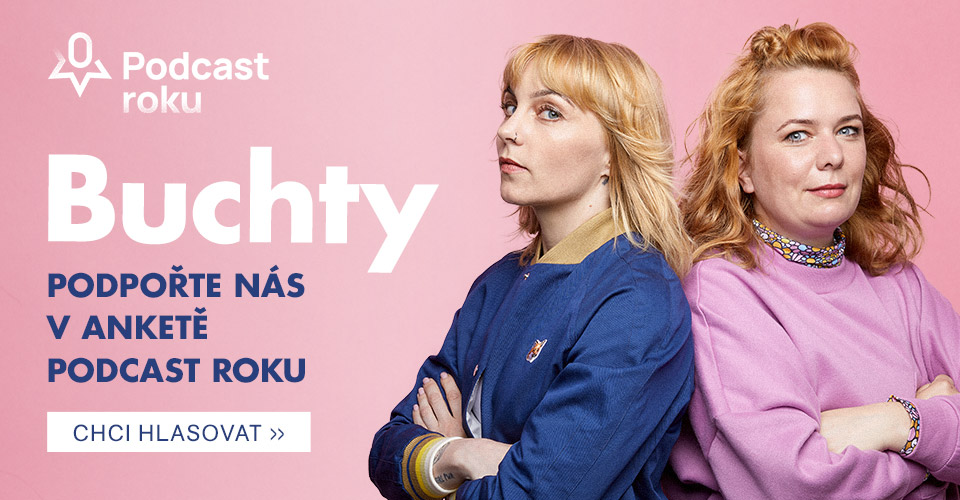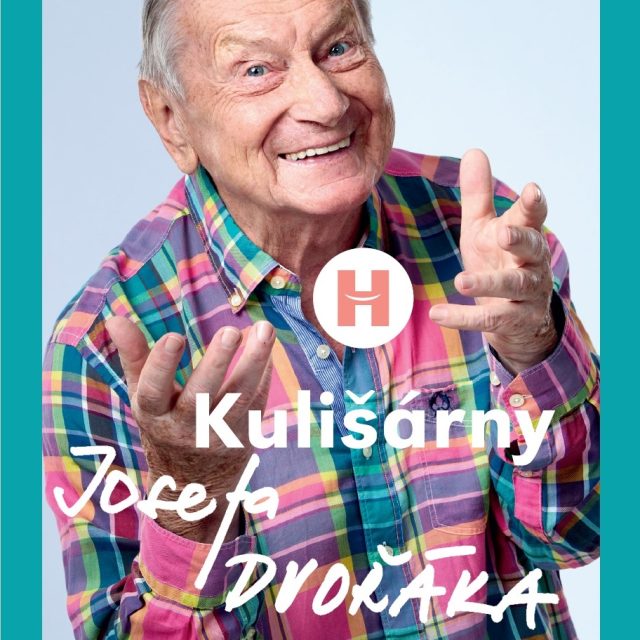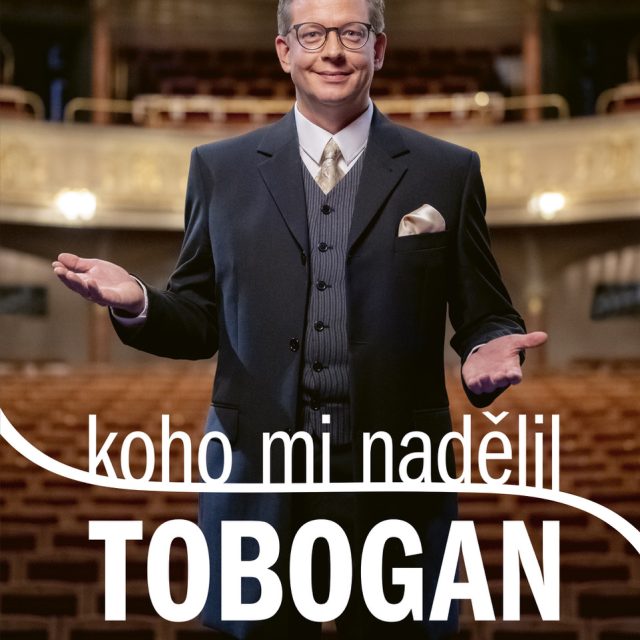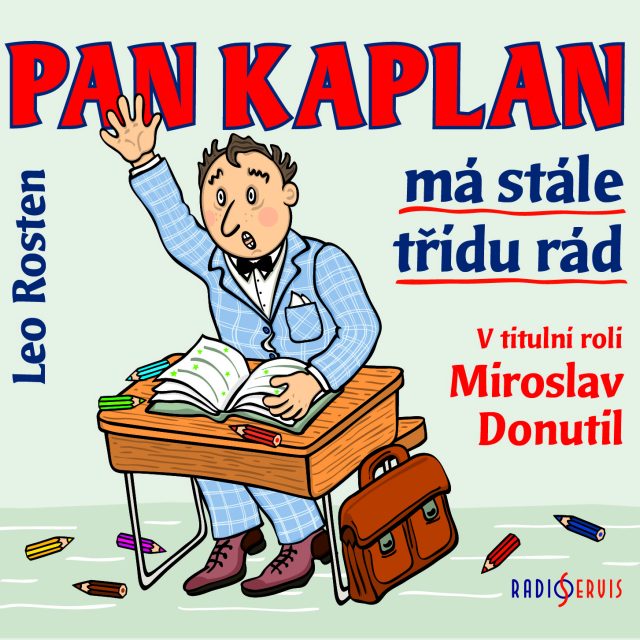“I am doing what I can to survive,” says Cecilie. On Utøya, she was shot three times
“Depression is like a big dog. Sometimes you can change its size, but it’s always with you. Honestly, it’s a lot of work. Some days are easier than others,” explains Cecilie, who was 16 in 2011. She was at the summer camp on Utøya island, the target of the terrorist’s attack. Her best friend didn’t survive his savagery. Cecilia herself was shot three times. Episode 2 of the podcast series Surviving Utøya and Oslo is an intimate dual portrait of Cecilie and her mom Elin.
“It’s horrible, when your kid is injured. And when you see that your daughter isn’t doing well, that she is in pain and is sad, it’s terrible. It’s the worst thing that a parent can experience,” says Elin when speaking about her feelings back then. “She was 16 and she lost her best friend. I think that was the hardest thing for Cecilie in the first few years. To get over the loss. Then to find out who is the new Cecilia, what will her life be. And then to deal with the physical consequences,” she adds.
Cecilie lost part of her arm and shoulder as a result of the attack. One bullet hit her tooth, which saved her life. Aside from these physical complications, she has also faced psychological repercussions, namely anxiety and depression. Sometimes, sounds or situations can trigger her and bring her back to 22 July, 2011. “Every day, I have to choose that today is going to be a good day. I have to choose to look at the good side, even though it’s difficult,” she confides. “Which is why I am so grateful to have so many good people around me who remind me every day why I do this. Why I decided to win. Why I decided that it’s a good thing to keep going.”
On the afternoon of July 22nd, 2011, the roughly-thirty-year-old Norwegian far-right extremist Anders Behring Breivik detonated nearly a ton of explosives in a white van parked in the government quarter in the center of Oslo. He killed eight people. Less than two hours later on the island of Utoya, amidst a summer camp organized by the youth wing of the then-ruling Labour Party, he shot dead 69 young people.
Both women found it helpful to share their experiences and traumas with others. “I talked about it a lot. When you keep it all to yourself, inside your head, it’s terrible. But if you let it out enough times, it’s normalized,” Elin laughs bitterly. These days, she and her daughter speak with students every month to tell their story. It has helped them accept what they lived through.
What were the years after the attack like for Cecilie and Elin? How have they managed to cope with the trauma? How are doing now? This and more on the second episode of the seven-part podcast series Surviving Utøya and Oslo.
The series was created in cooperation with the production company Subjektiv, with the support of the Norway Grants and in partnership with the 22 July Center in Oslo.
Více z pořadu
Mohlo by vás zajímat
E-shop Českého rozhlasu
Víte, kde spočívá náš společný ukrytý poklad? Blíž, než si myslíte!
Jan Rosák, moderátor
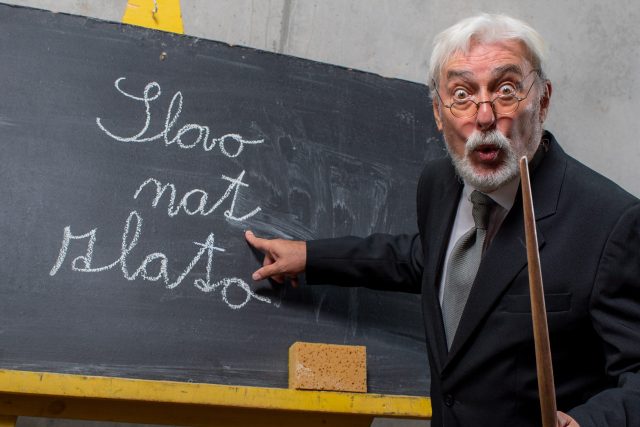
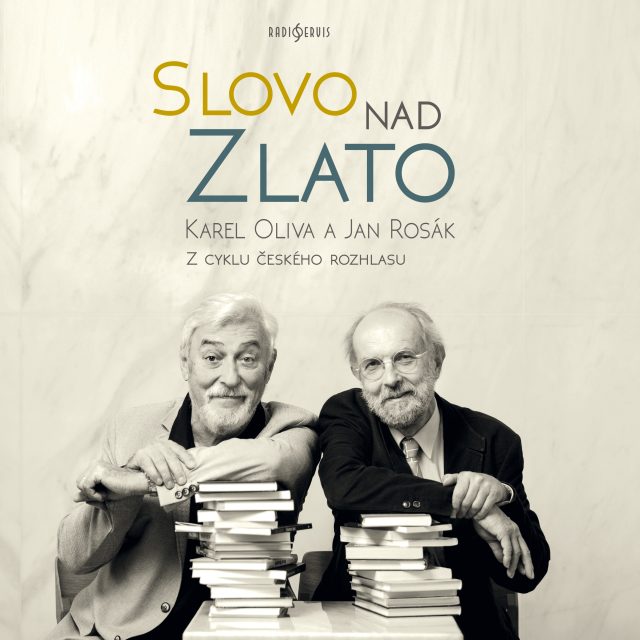
Slovo nad zlato
Víte, jaký vztah mají politici a policisté? Kde se vzalo slovo Vánoce? Za jaké slovo vděčí Turci husitům? Že se mladým paním původně zapalovalo něco úplně jiného než lýtka? Že segedínský guláš nemá se Segedínem nic společného a že známe na den přesně vznik slova dálnice? Takových objevů je plná knížka Slovo nad zlato. Tvoří ji výběr z rozhovorů moderátora Jana Rosáka s dřívějším ředitelem Ústavu pro jazyk český docentem Karlem Olivou, které vysílal Český rozhlas Dvojka.

